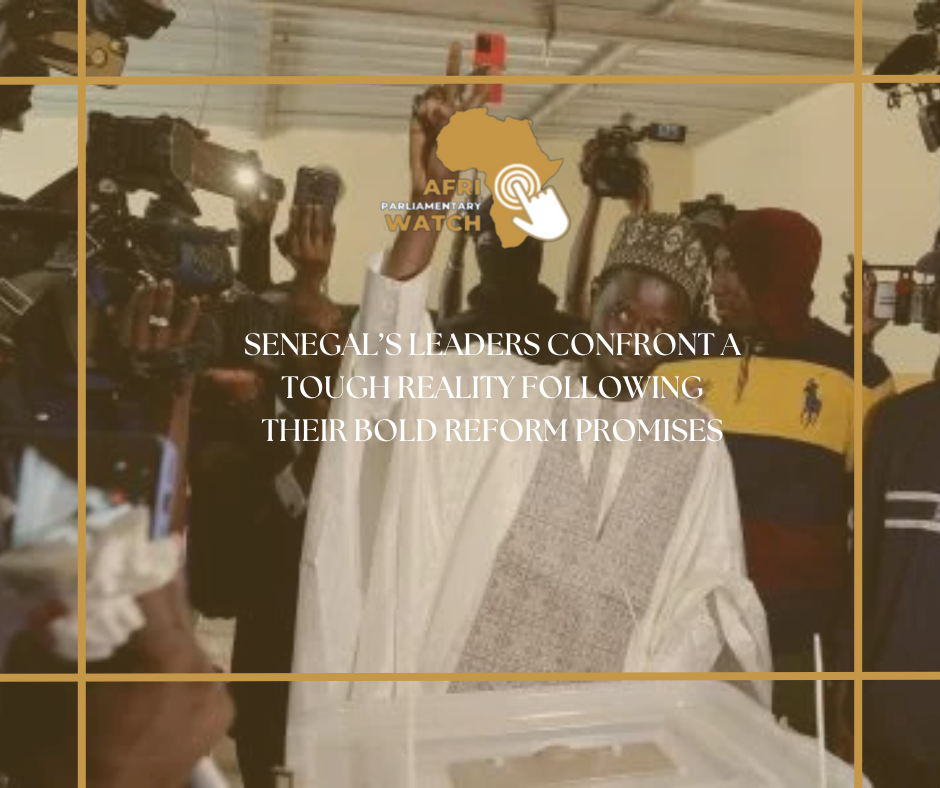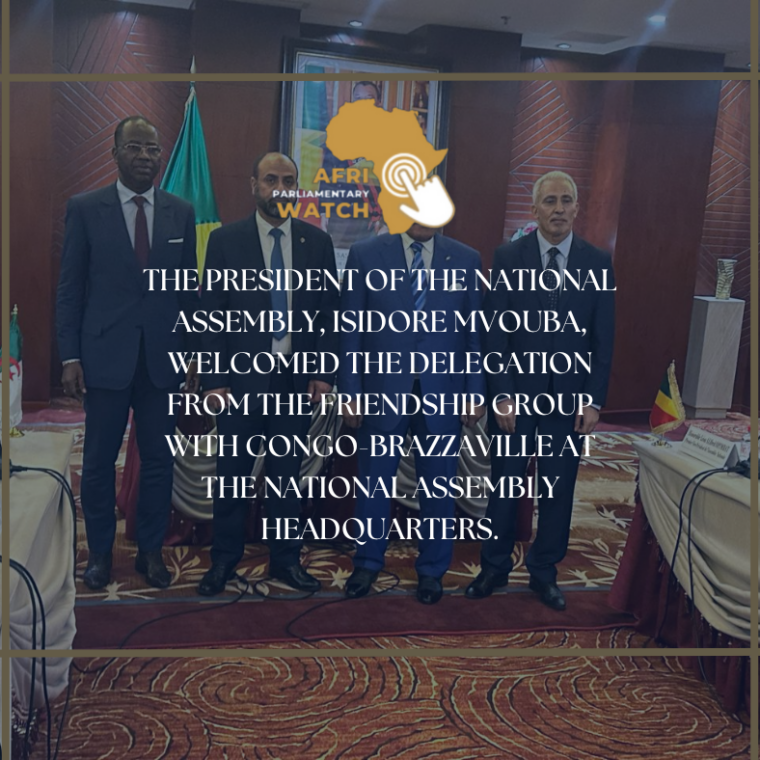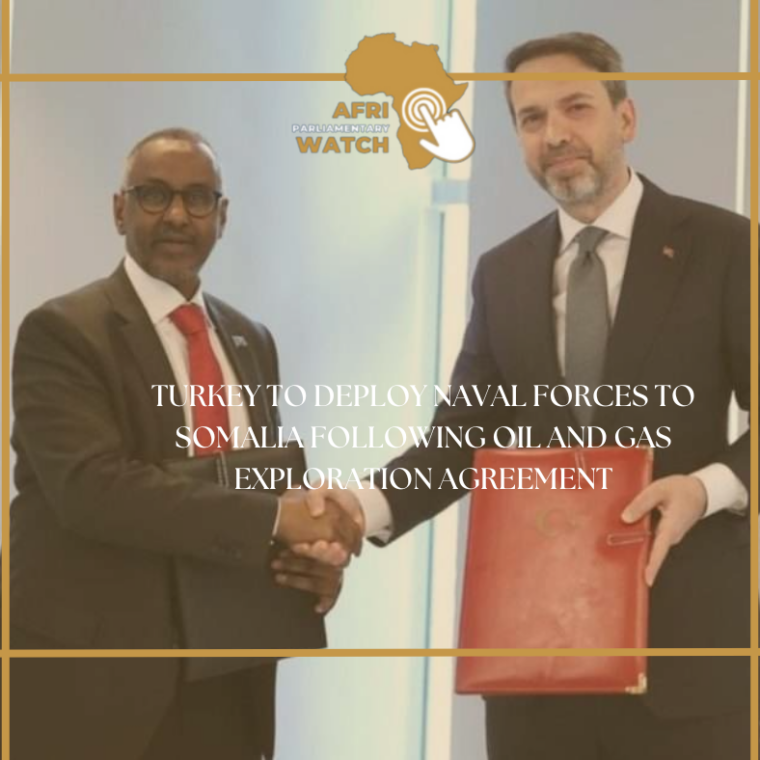Within a week of his inauguration in April as Senegal’s youngest president, Bassirou Diomaye Faye appointed his political mentor, Ousmane Sonko, as prime minister and announced his 25-member cabinet.
Faye’s ascent to power was marked by a leftist, anti-establishment, and pan-African agenda, promising sweeping reforms. In his victory speech, he vowed to focus on national reconciliation, alleviating the cost of living crisis, and tackling corruption.
His March victory over Amadou Ba, the candidate of the outgoing administration, was particularly striking given that Faye and Sonko had been released from prison just ten days prior, thanks to a pardon from former President Macky Sall. Sall, who had served for 12 years, had attempted to delay the elections, leaving Senegal grappling with widespread poverty and high youth unemployment.
Moustapha Sano, a 28-year-old student at Cheikh Anta Diop University, who supported Sonko’s Patriots of Senegal (Pastef) party, reflected on the hope Sonko’s leadership represented for the younger generation, who had rallied against Sall’s administration.
However, six months later, many of Faye’s promised reforms remain unfulfilled. Both Faye and Sonko have criticized the parliament, where Sall’s supporters still hold a majority from the 2022 elections. Sonko has refused to present his policy agenda, known as the General Policy Declaration (GPD), claiming that the parliament does not recognize his role as prime minister. Although the position was reinstated in 2022 after being abolished in 2019, MPs only updated parliamentary regulations to reflect this change in August. Aminata Touré, a former prime minister and opposition ally, argues that the parliament’s legitimacy must be aligned with Faye’s electoral victory.
Critics in parliament suggest that Sonko is stalling to gain control. Thierno Alassane Sall, leader of La République des Valeurs, accuses Sonko of overstepping his role and drawing legitimacy only from Faye’s appointment.
On September 4, Sonko announced that Faye would dissolve the opposition-dominated parliament soon, paving the way for new elections. However, the constitution requires that the parliament must sit for two years before dissolution, a threshold that will be met on September 12.
Since taking office, Faye has been active on the diplomatic front, mediating between the Economic Community of West African States (ECOWAS) and Burkina Faso, Mali, and Niger, which formed a separate bloc earlier in the year.
Touré commends Faye’s diplomatic efforts, but critics argue that they distract from pressing domestic issues, such as high debt levels and youth unemployment.
Accusations of cronyism have resurfaced, with nearly half of Faye’s cabinet members being affiliated with Pastef. Additionally, promises for greater gender equality have fallen short, with only 46 women out of 300 appointed positions.
On his 100th day in office, the United in Hope coalition criticized Faye’s administration for a lack of direction. In July, media outlets protested against the government’s freezing of their bank accounts and seizing their equipment over alleged tax issues.
During the campaign, Faye had pledged to end Senegal’s reliance on the West African CFA franc and review relations with France. However, his first official visit was to French President Emmanuel Macron, and French opposition leader Jean-Luc Mélenchon also met with Sonko in Dakar. Boubacar Ba, a public law professor, explains that such shifts in rhetoric are common for leaders once they assume office, as they must balance promises with the complex realities of governance.
In April, Faye promised to revisit foreign extractive deals. Two months later, Senegal began production at its first offshore oil project, a partnership with an Australian firm, though the terms of the deal remain unclear.
Touré believes that these changes in rhetoric do not signify a retreat from Faye’s promises but rather a shift towards achieving more balanced partnerships. Many supporters, like Sano, remain hopeful that Pastef can still drive meaningful change in Senegal, particularly in addressing the challenges of youth migration and resource management.





